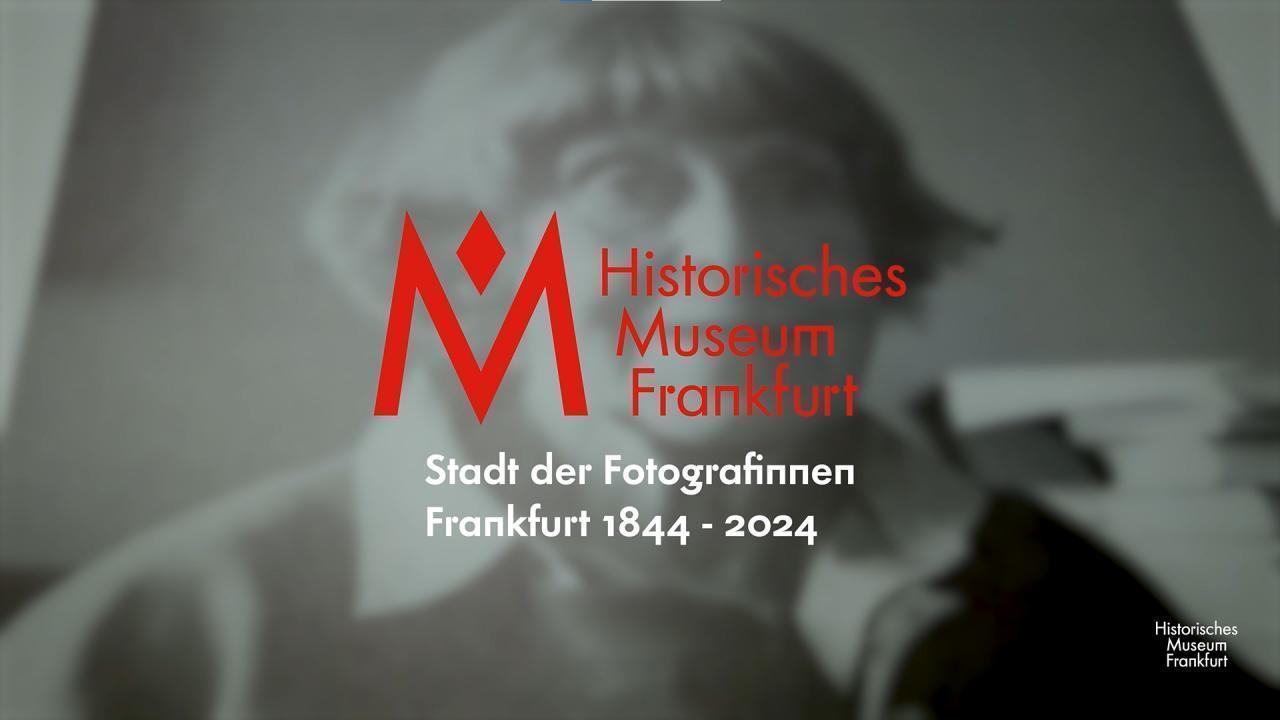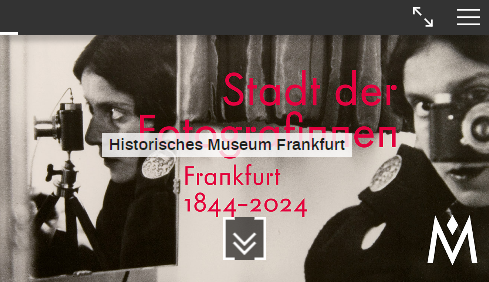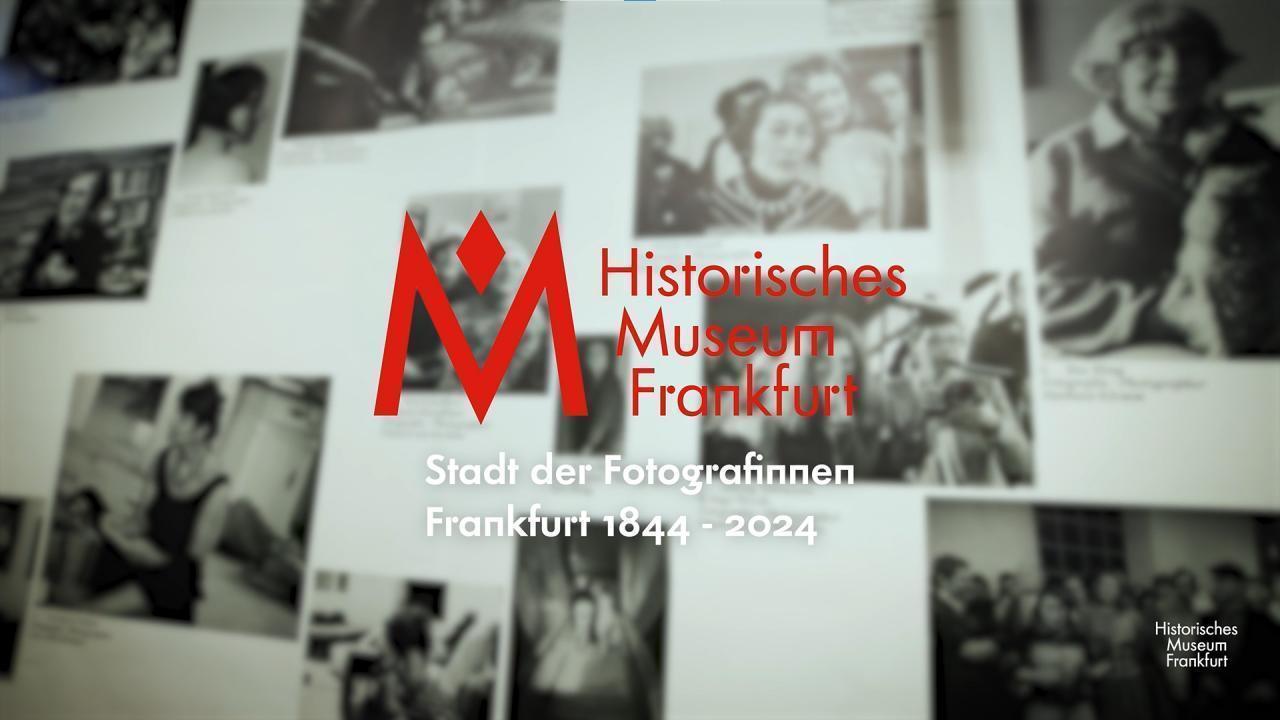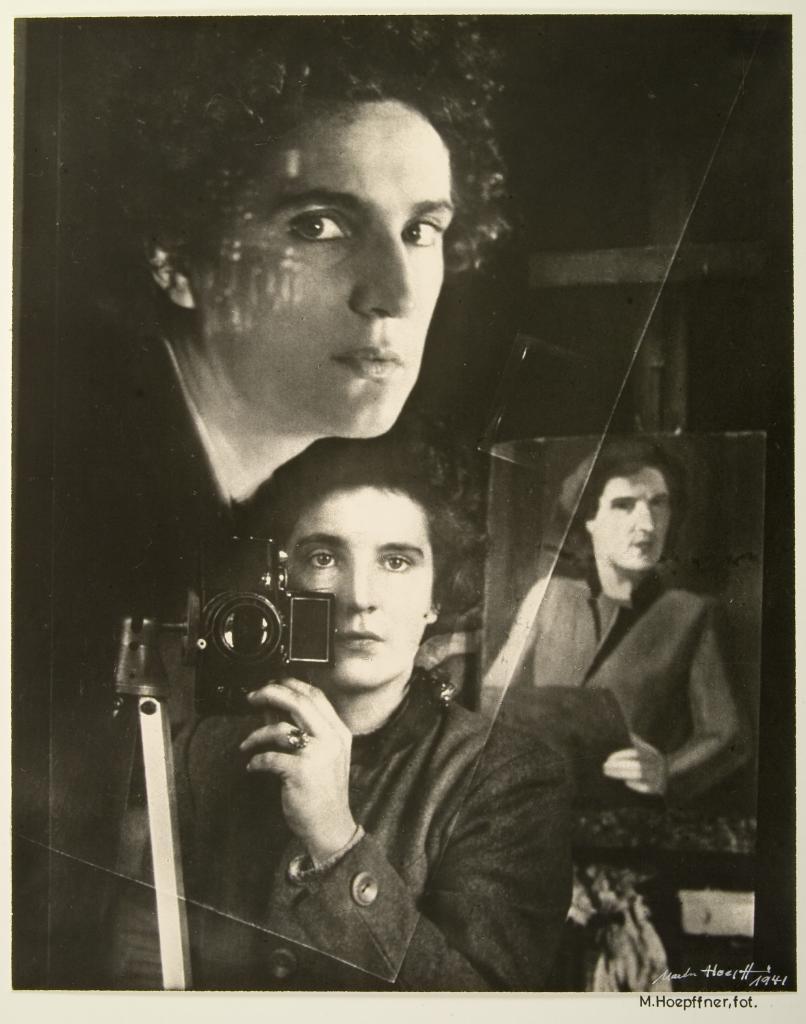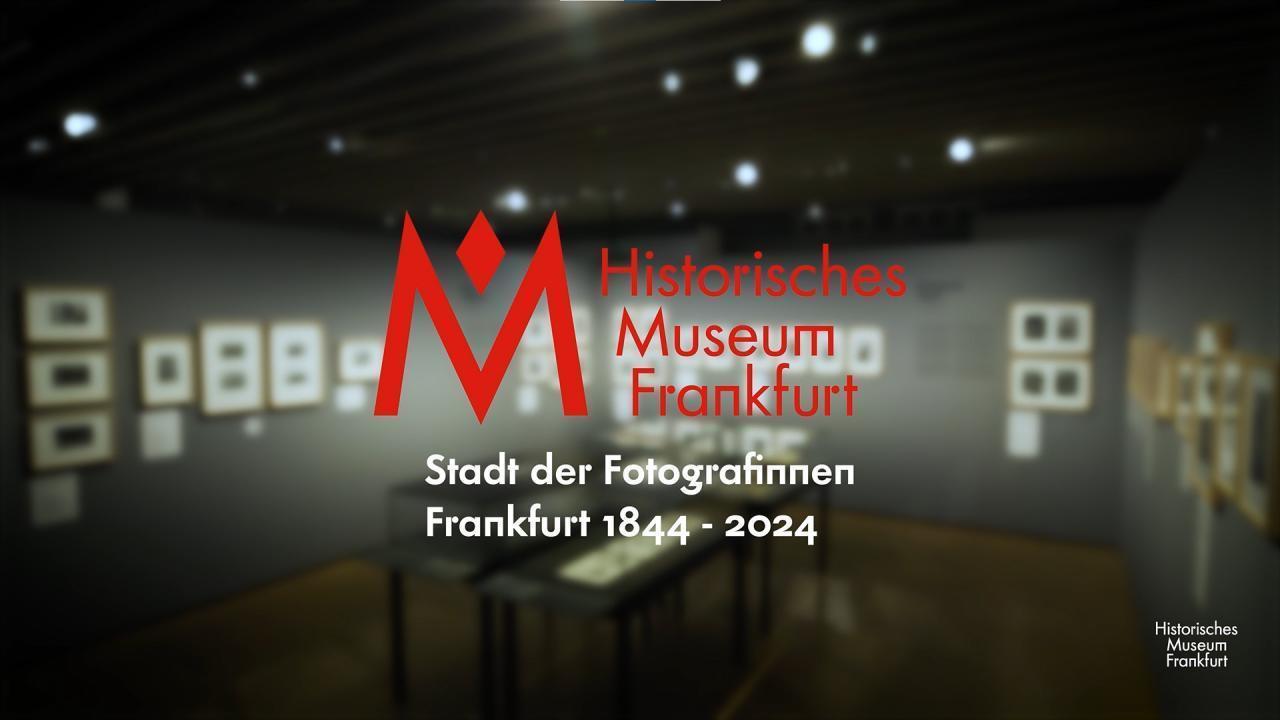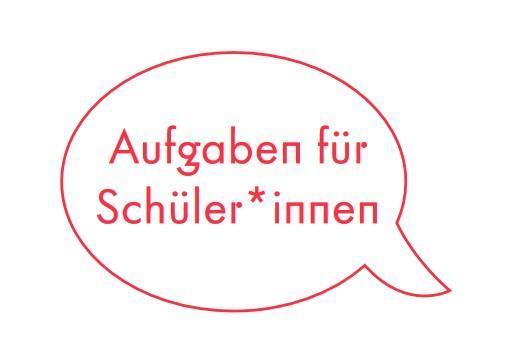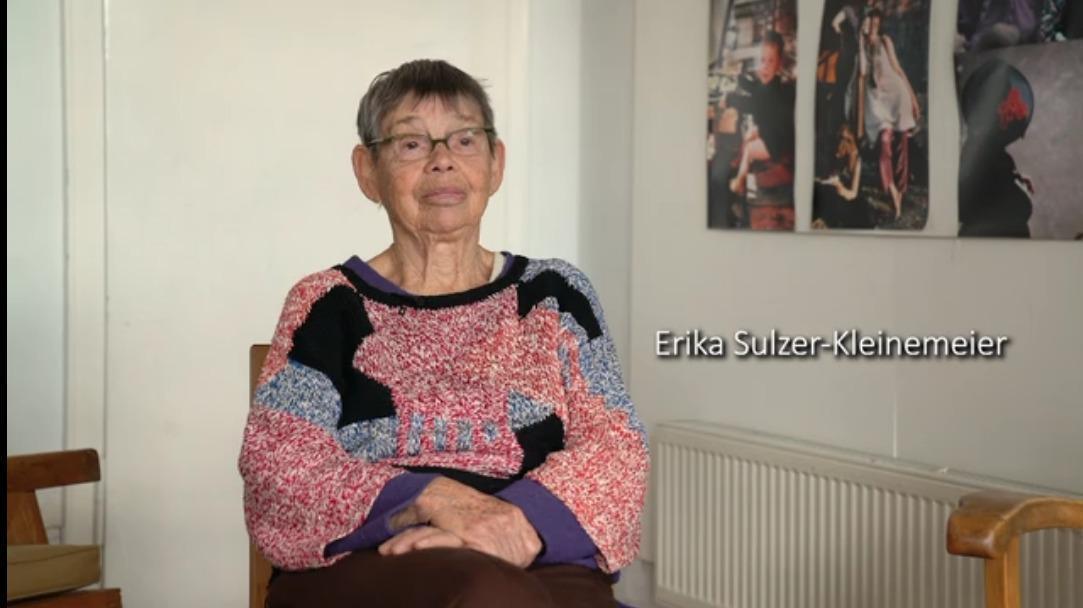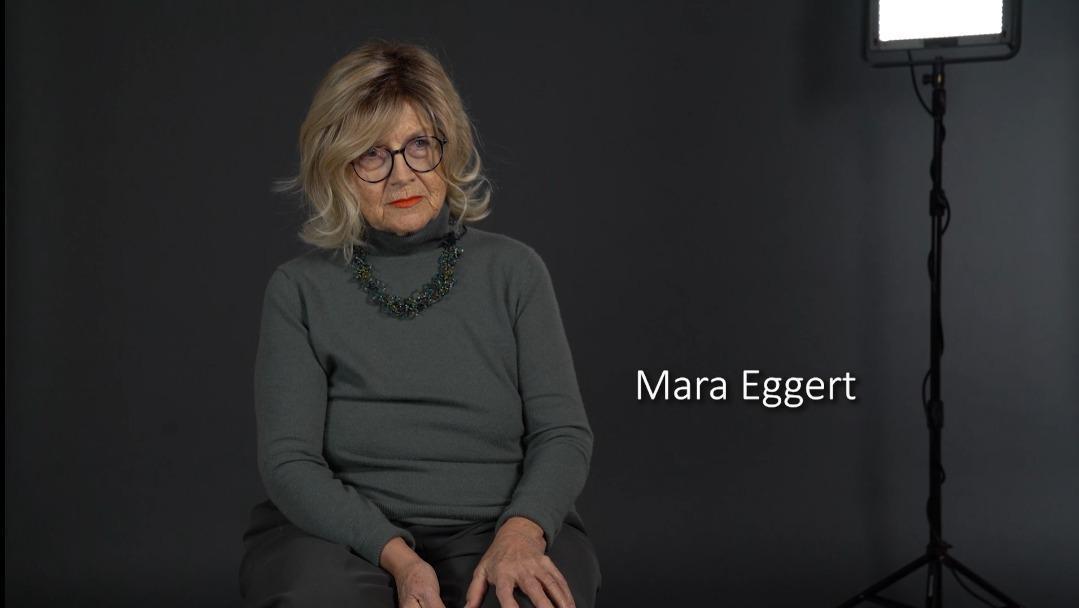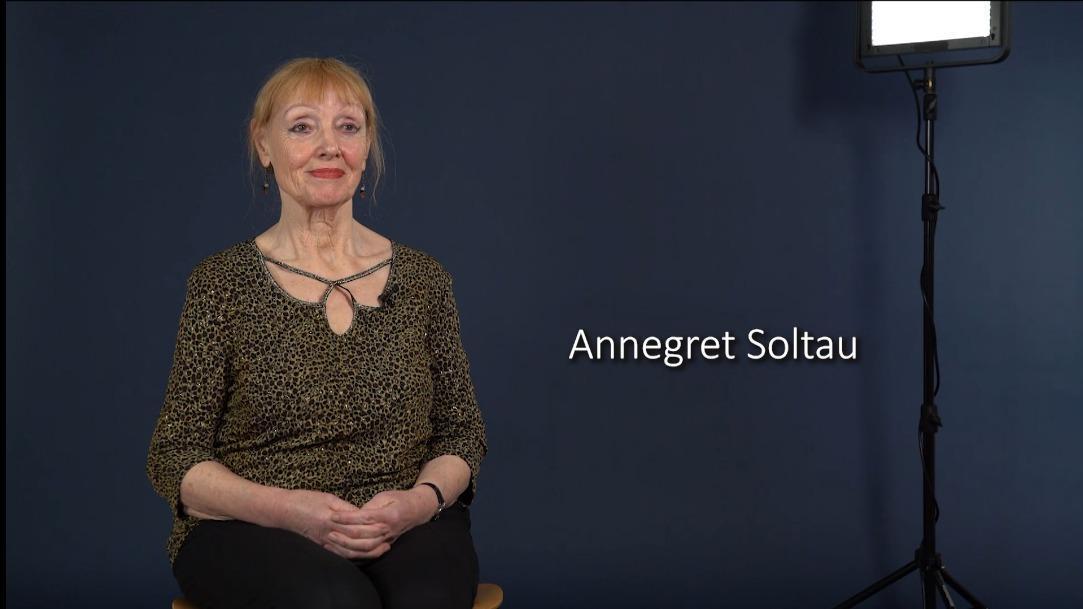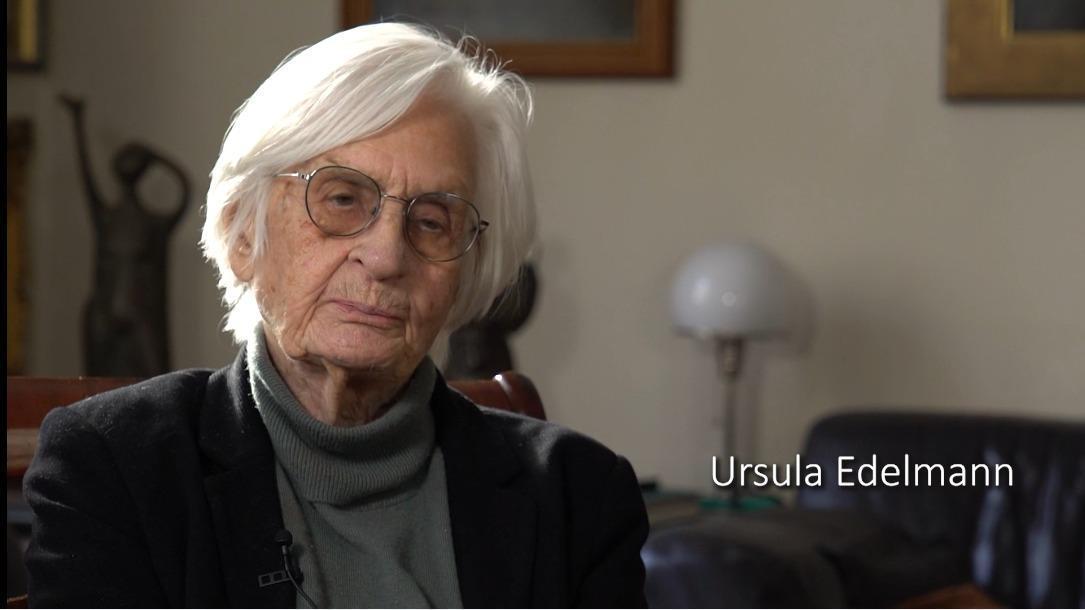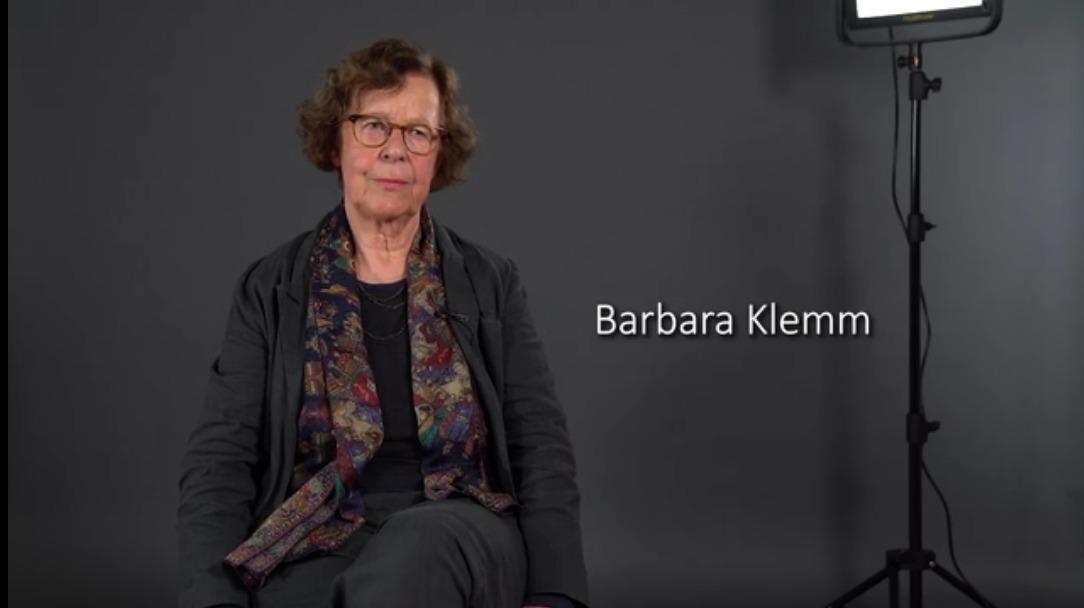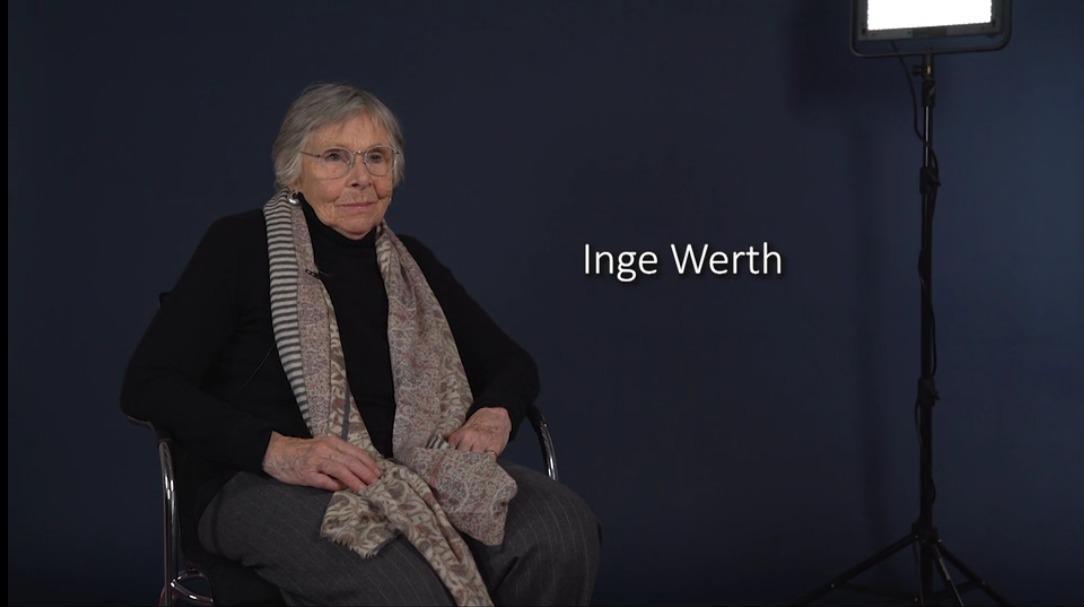City of Women Photographers. Frankfurt 1844 – 2024
29. May 2024 – 22. September 2024
Frankfurt has attracted women photographers since the invention of photography. Through the dialogue between works of around 40 women photographers, generation-specific themes emerge, but recurring encounters with social issues and photographic genres also appear. The Frankfurt urban area is portrayed as a social, political and cultural space that is both motor and target of photographic activity and creativity.
The close relationship between photography and urban landscape manifests itself through its diversity of motifs and content, ranging from photojournalism to architecture, fashion and theater photography, as well as artistic photographic conceptualizations. This is underscored by the Frankfurt theater and magazine photographers Nini and Carry Hess, the architecture and society photographers in the Weimar Republic Ilse Bing and Ella Bergmann-Michel, as well as by Gisèle Freund in the field of society portraiture and photographic theory.
In chronological order, the exhibition presents the history of photography in Frankfurt, paying particular attention to the photographic work of women. As early as around 1840, pioneers of photography such as Julie Vogel were active in Frankfurt. During the German Empire, the first independent photo studios run by women were established, such as the portrait and theater photographer Katharina Culié. In the 1920s, cultural and social change was driven by the urban development project "New Frankfurt", which influenced photographers such as Grete Leistikow, Jeanne Mandello and Ilse Mayer-Gehrken. The 1968 generation in particular shaped the image of the city, through the unique photographic documentary style of Barbara Klemm, Erika Sulzer-Kleinemeier, Inge Werth and Abisag Tüllmann. Ever since the post-war period, architecture has also played a prominent thematic role in the work of numerous women photographers, as in Ursula Edelmann, who particularly influenced photographic perspectives of the 1950s. This trend has continued in the images of modern photographers since the 1980s, for example Laura Padgett with her photographic-artistic investigations of historical buildings or Meike Fischer’s socio-political view of current new building projects. Mara Eggert, Annegret Soltau, Gabriele Lorenzer and Irene Peschick have been exploring a variety of new approaches in applied photography and photographic art since the 1960s. Since the 1990s, Susa Templin, Christiane Feser and Sandra Mann have been connected with the international exhibition and photography scene. The artistic training of women photographers at the HfG Offenbach and the Städelschule continues to demonstrate that Frankfurt has developed from a center of press photography after 1945 to a contemporary photographic art location.
The social, political and artistic dimension of the works and lives of the photographers is addressed by discussion events and artist talks in a rich accompanying programme. A film series in cooperation with the Filmmuseum of the German Film Institute in Frankfurt aims to examine the interaction between photography and film and to bring the film biographies of the female photographers closer to a broad audience.
Project leader
Dorothee Linnemann
dorothee.linnemann[at]stadt-frankfurt.de
Curators
Katharina Böttger, Dorothee Linnemann, Ulrike May, Christina Ramsch, Bettina Schulte Strathaus
Museum Communication
Noah Nätscher
noah.naetscher[at]stadt-frankfurt.de
29. May 2024 – 22. September 2024
Frankfurt has attracted women photographers since the invention of photography. Through the dialogue between works of around 40 women photographers, generation-specific themes emerge, but recurring encounters with social issues and photographic genres also appear. The Frankfurt urban area is portrayed as a social, political and cultural space that is both motor and target of photographic activity and creativity.
The close relationship between photography and urban landscape manifests itself through its diversity of motifs and content, ranging from photojournalism to architecture, fashion and theater photography, as well as artistic photographic conceptualizations. This is underscored by the Frankfurt theater and magazine photographers Nini and Carry Hess, the architecture and society photographers in the Weimar Republic Ilse Bing and Ella Bergmann-Michel, as well as by Gisèle Freund in the field of society portraiture and photographic theory.
In chronological order, the exhibition presents the history of photography in Frankfurt, paying particular attention to the photographic work of women. As early as around 1840, pioneers of photography such as Julie Vogel were active in Frankfurt. During the German Empire, the first independent photo studios run by women were established, such as the portrait and theater photographer Katharina Culié. In the 1920s, cultural and social change was driven by the urban development project "New Frankfurt", which influenced photographers such as Grete Leistikow, Jeanne Mandello and Ilse Mayer-Gehrken. The 1968 generation in particular shaped the image of the city, through the unique photographic documentary style of Barbara Klemm, Erika Sulzer-Kleinemeier, Inge Werth and Abisag Tüllmann. Ever since the post-war period, architecture has also played a prominent thematic role in the work of numerous women photographers, as in Ursula Edelmann, who particularly influenced photographic perspectives of the 1950s. This trend has continued in the images of modern photographers since the 1980s, for example Laura Padgett with her photographic-artistic investigations of historical buildings or Meike Fischer’s socio-political view of current new building projects. Mara Eggert, Annegret Soltau, Gabriele Lorenzer and Irene Peschick have been exploring a variety of new approaches in applied photography and photographic art since the 1960s. Since the 1990s, Susa Templin, Christiane Feser and Sandra Mann have been connected with the international exhibition and photography scene. The artistic training of women photographers at the HfG Offenbach and the Städelschule continues to demonstrate that Frankfurt has developed from a center of press photography after 1945 to a contemporary photographic art location.
The social, political and artistic dimension of the works and lives of the photographers is addressed by discussion events and artist talks in a rich accompanying programme. A film series in cooperation with the Filmmuseum of the German Film Institute in Frankfurt aims to examine the interaction between photography and film and to bring the film biographies of the female photographers closer to a broad audience.
Project leader
Dorothee Linnemann
dorothee.linnemann[at]stadt-frankfurt.de
Curators
Katharina Böttger, Dorothee Linnemann, Ulrike May, Christina Ramsch, Bettina Schulte Strathaus
Museum Communication
Noah Nätscher
noah.naetscher[at]stadt-frankfurt.de
Sponsors and cooperations
Funding:
Art Mentor Foundation
Kulturfonds Frankfurt RheinMain
Kulturstiftung der Länder
Speyersche Hochschulstiftung
Freunde und Förderer HMF
Richard Stury Stiftung
Cooperation:
Frauenreferat der Stadt Frankfurt
Deutsches Filmmuseum Frankfurt
Ray Fotofestival 2024

